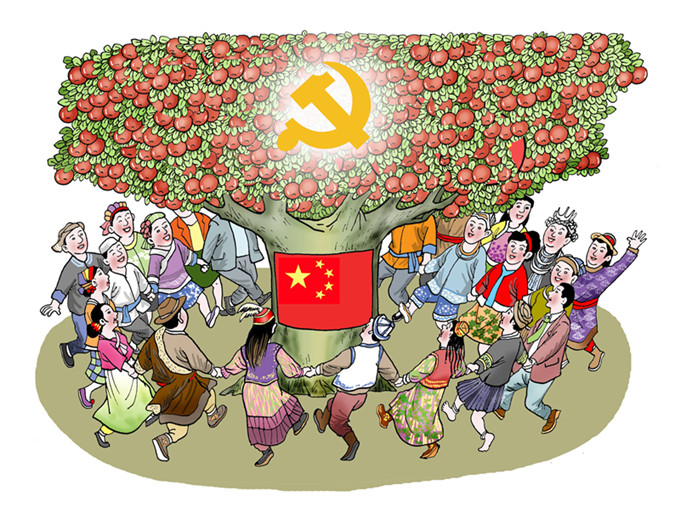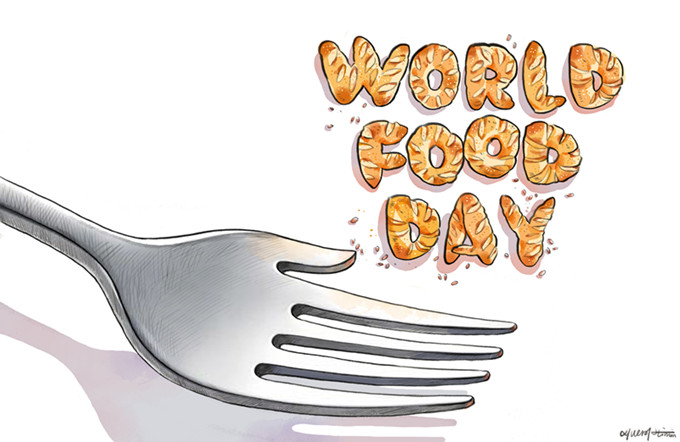Despite sampling results, internet not paradise for fakes
 |
|
An advertisement for online shopping site Taobao.com of Alibaba Group is seen at a metro station in Shanghai, Nov 12, 2014. [Photo/IC] |
According to?the results of a quality inspection by the State Administration for Industry and Commerce of products sold on the internet, of 497 products sampled, 172 did not pass the quality test. Products sold through T-mall and Taobao proved to be the least qualified. Beijing Youth Daily commented on Wednesday:
Given the high percentage of poor quality online commodities, it is not surprising that there is a popular impression that online retailing is a "paradise" for counterfeit goods. But the department in charge of supervising e-commerce concentrated on products consumers had complained about and its inspection results do not cover every item sold online.
In fact, safety and quality issues are not limited to products sold via the internet. Food safety, for example, is still a concern; excessive pesticide residues and chemical abuse and other ills have repeatedly been exposed.
The public and consumers reading and understanding the results of product sampling tend to focus on the representation rather than substance, not to mention the sampling itself is also prone to doubts among consumers.
For example, in May 2011 the Ministry of Agriculture announced the results of its routine monitoring of agricultural products, which showed that over 97 percent of the sampled vegetables, livestock and aquatic products had passed the quality tests. But consumers found extrapolating the results to all agricultural products hard to accept, and suggested the ministry had engaged in "selective sampling".
When consumers look at the product sampling results, they tend to focus on representation rather than essence, but this does not excuse the authorities from being vigilant and ensuring they do all they can to eliminate dangerous and fake products from the market.

























